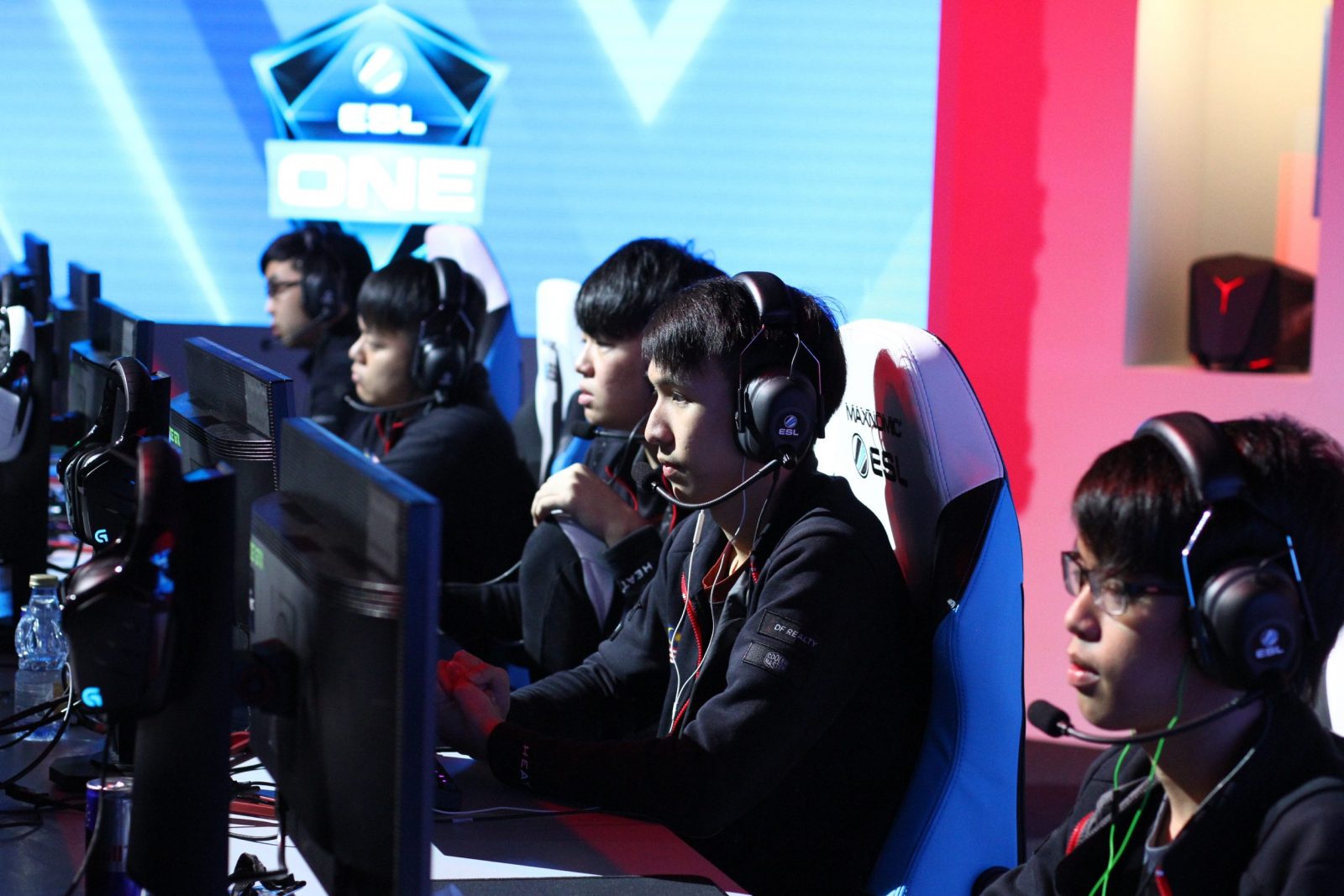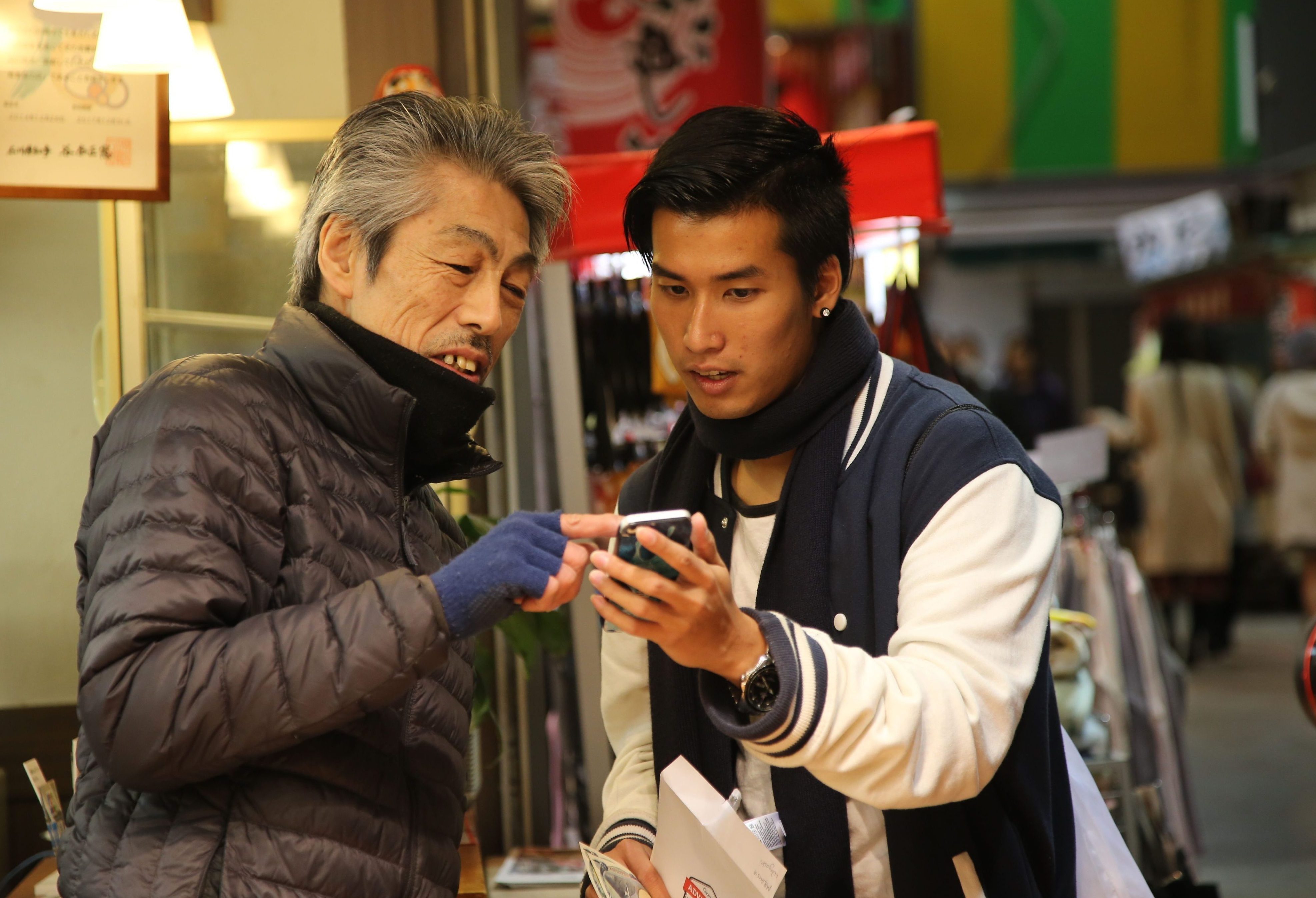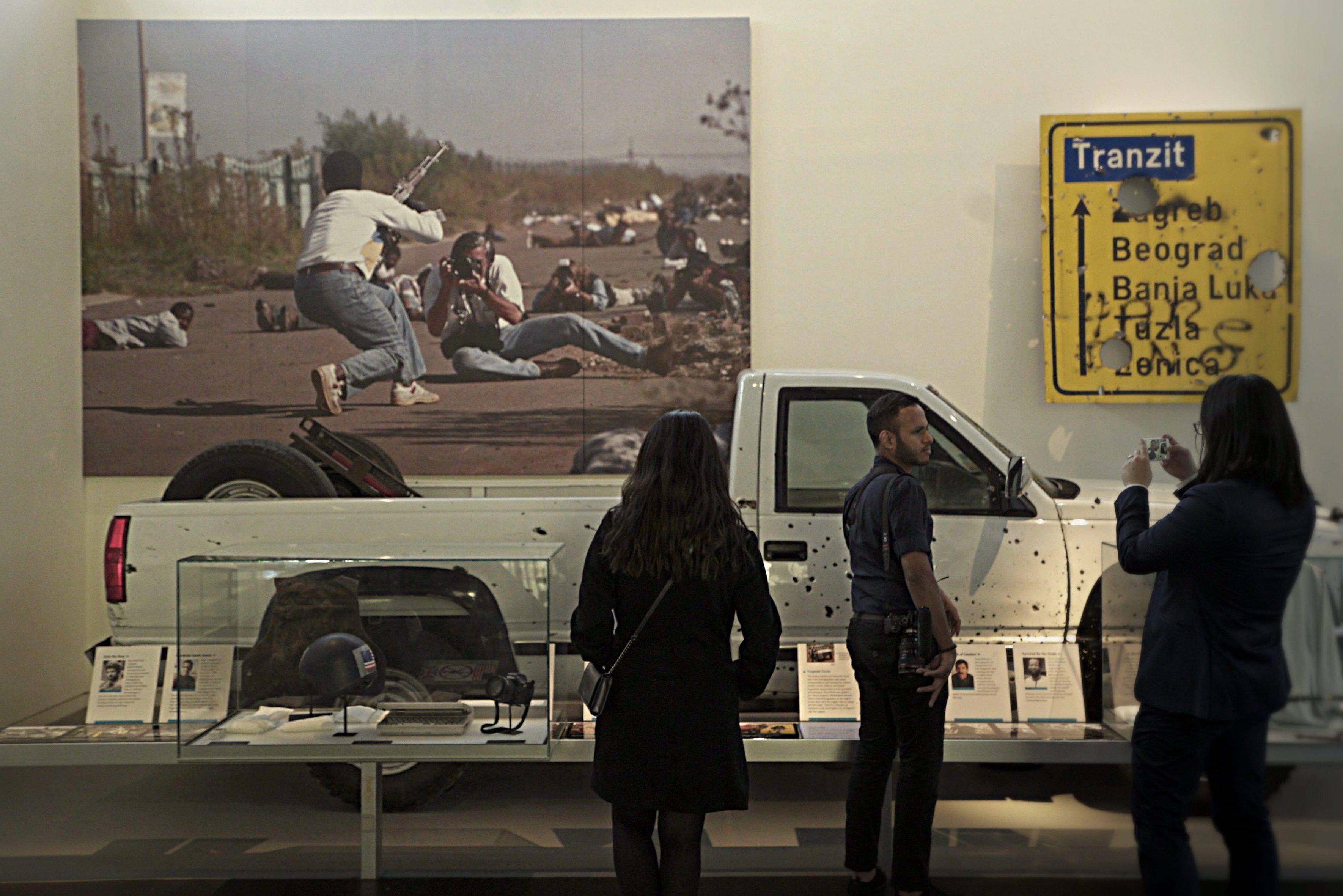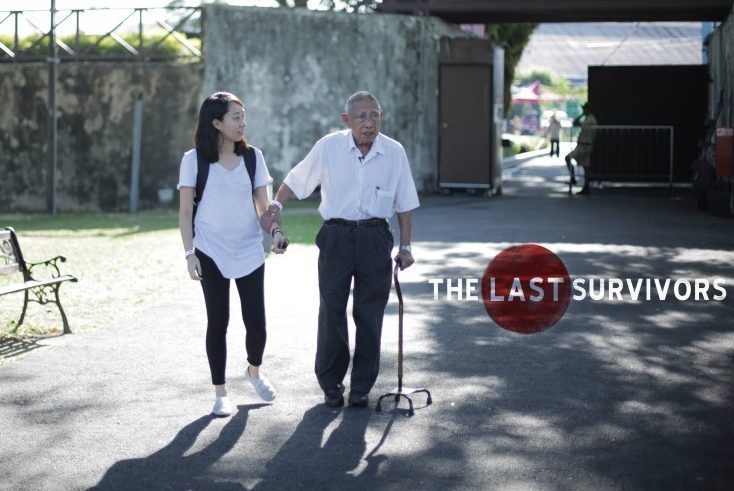THE Arena of Stars in Genting Highlands echoed with the cheers of 4,000 fans. But instead of the superstar artistes who usually perform here, the focus was on 10 boys barely in their mid-twenties, each wholly engrossed in their game of Dota 2.
International superstar eSports teams like Digital Chaos from North America, Virtus Pro from Russia, and last year’s champs Newbee from China battled it out for a US$250,000 (RM1.12mil) prize pool at the ESL One Genting 2017 Championship.
But most excitingly for us, so were Malaysia’s top Dota 2 teams: WarriorGaming Unity (WG Unity) and Fnatic.
The local scene has come a long way since Dota was such a small scene that it was almost impossible to earn any money from it – something that hindered the growth of our most talented gamers.
“When I started playing professionally, there was no such thing as gaming houses,” said Fnatic captain Chong Xin Khoo, more popularly known by his gamer name, Ohaiyo.
“We had to go to cyber cafes or play apart online. Sponsors didn’t pay much. It was hard to grow as a player and as a team,” he added.
Gaming houses, where players eat, sleep and spend over 10 hours a day in training, is crucial to the development of any winning eSports team.
Unsurprisingly, “Dota 2 player” wasn’t ranked very high on the WG Unity and Fnatic players’ parents’ list of potential careers, what with the lack of income and high commitment needed from the players.
“When I first told my parents I wanted to make this my job, Dota wasn’t as big a deal as it is now,” Chong said with a shy smile. “So they were naturally very concerned.”
“Then one day Malaysia’s biggest team asked me to play for them, so I made a promise to my family that I wasn’t going to take another cent from them. I said to my mom ,‘Let me try one more time.’ ”

‘I’m trying my best to do what I like to do, and my parents saw that,’ said Chong. ‘So after a while, they began supporting my eSports career.’
Malaysian heroes
Chong has since raked in a total of US$530,056 (RM2.36mil) in tournament earnings, thanks to his – and his team’s – Dota 2 skills.
They’re not just the top ranked team in Malaysia, they’ve also made a splash overseas, recently coming in fourth at The International Dota 2 competition held in Seattle, the United States last August.
However, they don’t have any time to rest on their laurels.
Hot on their heels is WG Unity, which recently upset the ranks by beating Fnatic and going on to win against defending champion Wings Gaming at the Boston Major in the US, their first international tournament.
“WG Unity is a team that surprised a lot of people at Boston,” said Kevin “Purge” Godec, 29, one of the most well-known “shoutcasters” from America. A shoutcaster is like the eSports equivalent of a sports commentator.
Not only did WG Unity manage to go home with a cool US$125,000 (RM557,813) in prize money, they made such an impression that ESPN wrote an article about them.
Despite their movie-worthy breakout, the team is not getting carried away.
“We’re all just a group of young Malaysians who love the game and are working hard to achieve our shared dream,” said Tue Soon Chuan, aka Ahfu, WG Unity’s captain and founder.
Building a team
That dream began when the CEO of DF Realty offered to sponsor Tue and the team he was hoping to build.
“He said he saw potential in me and that he’d like to put down funds to make a new top Malaysian team,” said Tue.
“So I found four of the best players I knew and brought us together.”

The ESL One Dota 2 championship was held in Genting Highlands two weeks ago, the first time the event was held in South-East Asia. Team Fnatic (pictured left) were one of two teams representing Malaysia at the competition.
This lucky break afforded the team the funds to move into a gaming house and begin their punishing training regime.
“We train from 12pm to 10pm,” said Tue. “In between those hours, everyone is only allowed to do things related to Dota, whether it’s research, watching other games or playing.”
WG Unity and Fnatic have one thing in common, besides a love for Dota 2: they both owe their success, in part, to the financial stability they’ve achieved through sponsorship.
In fact, Fnatic only came about when the London-based eSports organisation Fnatic decided to court the South-East Asian market.
“One of the higher-ups from Fnatic flew to Malaysia, bought us dinner and we talked business,” said team manager Eric Khor.
“In the end we were very interested to join them, and they wanted to have us on board as well.”
Talk about a modern-day corporate romance.
However like WG Unity, the money wasn’t enough to secure their top place in the Dota 2 world rankings. They had to earn it.
“The boys in my house don’t just ‘play’ Dota,” said Khor. “They’ve dedicated themselves to the game. I’m talking 10 to 14 hours a day. It’s not easy to be the best in the country, let alone the region.”
And yet, they still have a long way to go.
Despite the home court advantage, the ESL One championship was snagged by Newbee, also known as the “Dream Team”.
Fnatic and WG Unity, despite their recent stellar performances, finished seventh and eighth – but don’t write them off just yet.
Newbee captain Hu Liangzhi (aka Kaka) admitted it wasn’t an easy win.
“There are a lot more teams in Asia now, mostly from Malaysia and the Philippines,” said Hu.
“It’s getting crowded, and they’re getting stronger.”
“WG Unity is still at a very young stage,” said Godec. “They’re new players to the scene compared to the bigger names like Fnatic and Newbee so there’s still a tonne of room for them to grow and improve.”
There’s also a tonne of room for new players to join the Malaysian eSports scene, especially now.
The ESL One tournament being held in South-East Asia, when it had previously only been held in countries like the US and Germany, is just one of many indicators that the regional eSports community is growing.
“If you look at international Dota tournaments one or two years ago, there were only Western teams or Chinese teams,” said Ulrich Schulze, Vice President of Pro Gaming for ESL.
“So much has changed since. That divide that used to be there isn’t really there any more. South-East Asia has done a lot of catching up.”
Good game
Aside from the incredible local talent on display, what caught ESL’s eye was young Malaysians’ love for the sport.
“Malaysia is a really interesting market,” he said. “We know that Dota is massive here. When we came to Malaysia, the response was huge. People were saying ‘Finally, they’re coming to our city, our country.’”
It’s a great time to be a Dota player, but of course, nothing ever comes easy.
For young Malaysian players who want to make it in the industry, Chong has some advice.
“First, you have to sacrifice your time,” he said. “You’ll also have to study. Just because it’s a game doesn’t means there isn’t research involved. Watch a lot of replays and read up on what you’re doing.”
Khor was even more blunt: “Let’s face the facts – for every person who has made it, many others have failed. You can fully commit to it, but I’d advise you to finish your studies first.
Give yourself one to two years, and if you haven’t made it, I’d suggest you move on.
“All my players came from a background where their parents opposed them playing games for a living and they negotiated for a timeframe to prove themselves.”
However, if you make it, the big boys are looking forward to some friendly competition.

Schulze raved about Malaysian fans, calling them ‘fantastic fans who know everything about the game and they always cheer the players on.’
“If you’d asked me two years ago, I might have resented the pressure,” said Chong.
“But now it’s great to see more Malaysians carrying the flag. We need that kind of competition.”
Tue shares the same view – the more Malaysian players, the better
And while it can get pretty intense in-game, once the headphones come off, they’re still friends.
“Growing up gaming, we’ve played with and against some players from Fnatic,” he said. “On stage, we’re opponents, but off stage, we’re friends.”





Tell us what you think!